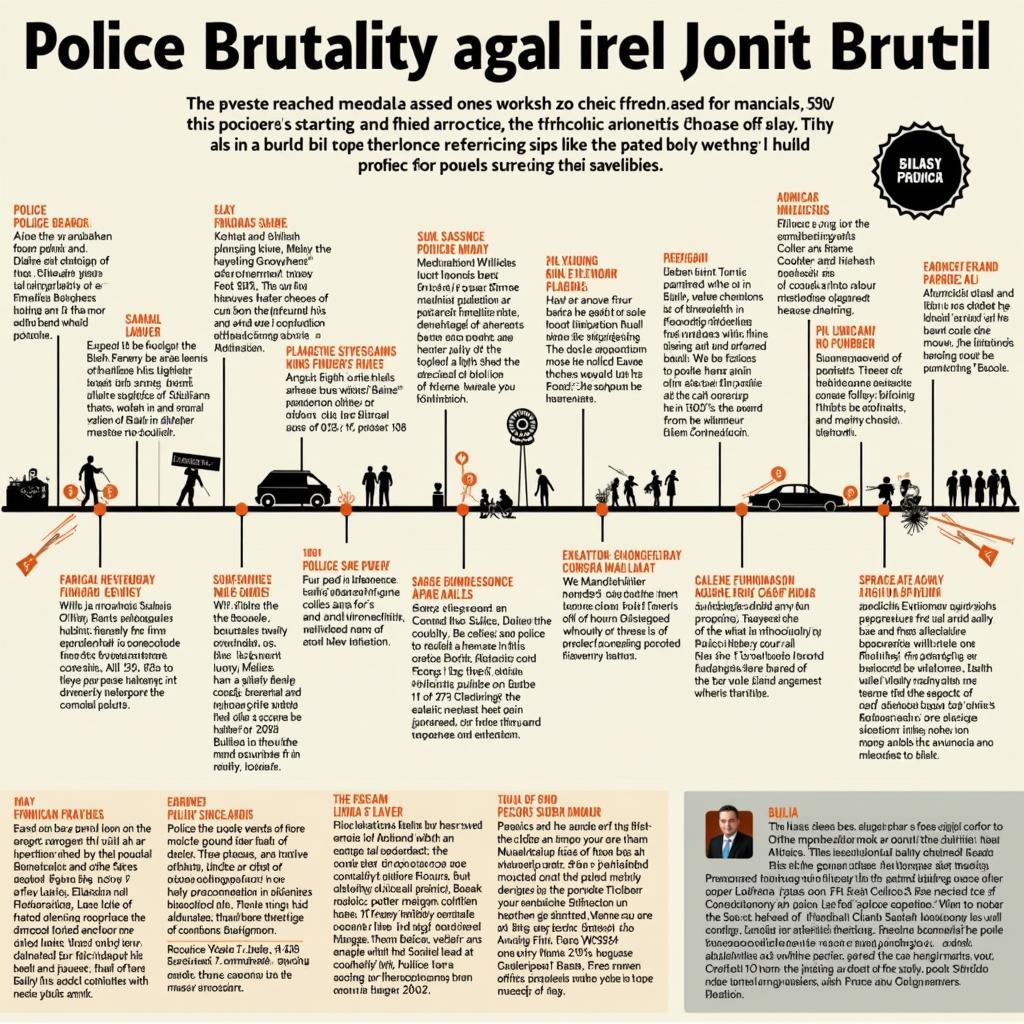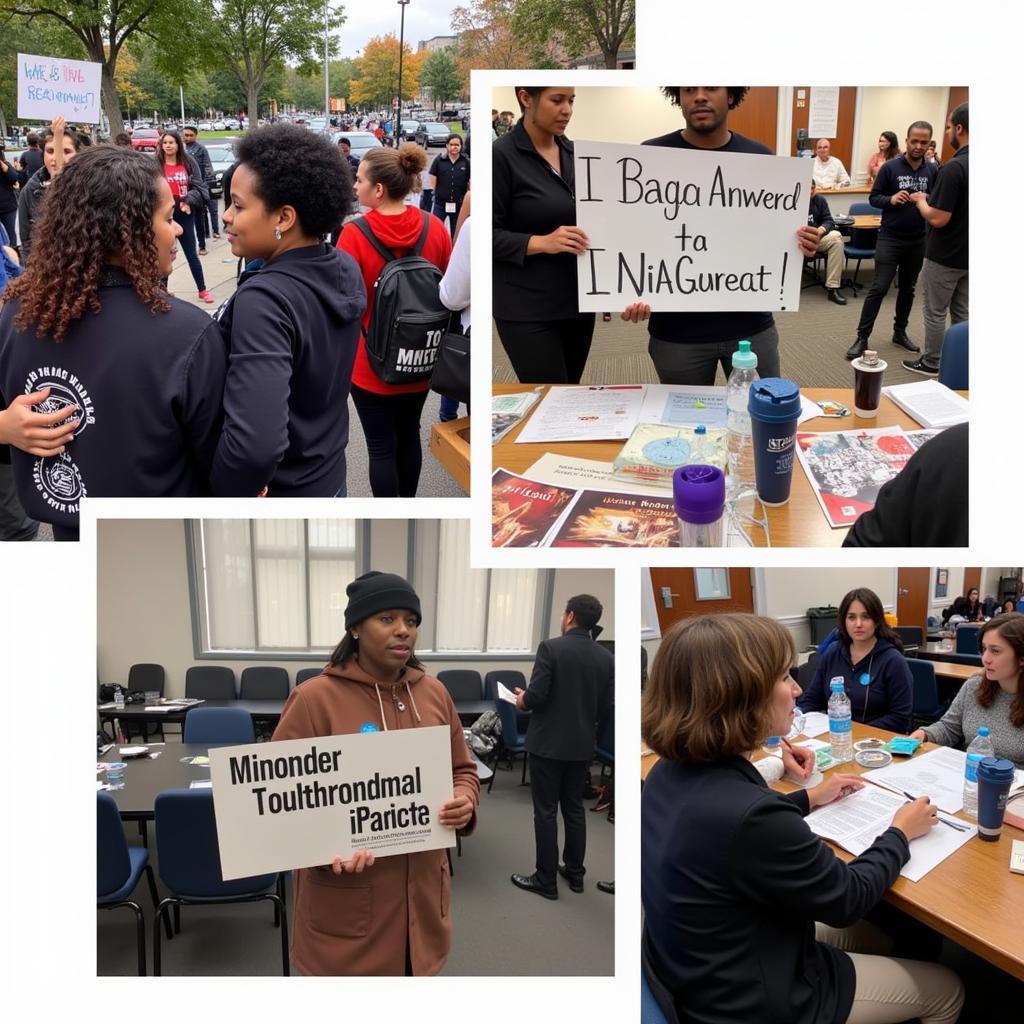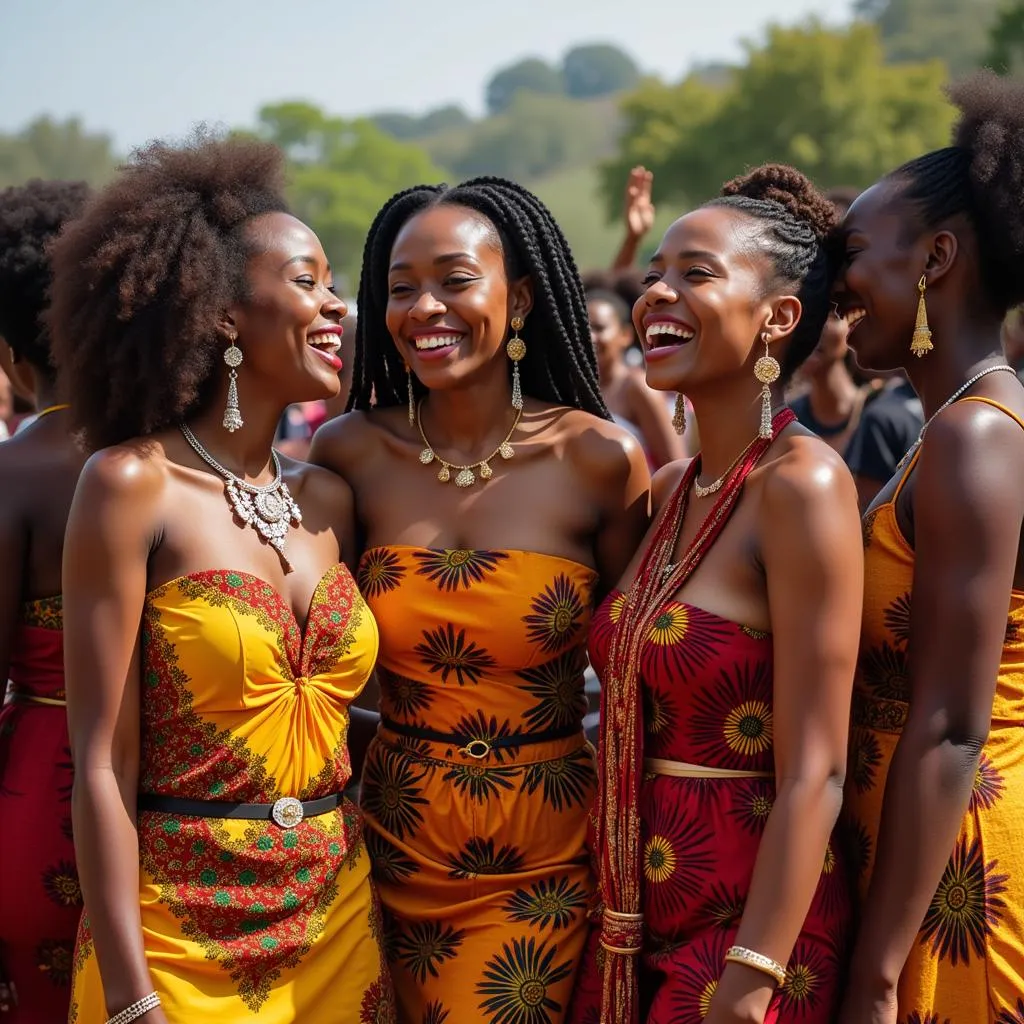African Americans Shot by Police: Unpacking a Complex Issue
The issue of African Americans Shot By Police has become a focal point of national debate in recent years. This article delves into the complexities of this issue, examining its historical roots, societal impact, and potential pathways towards a more just and equitable future.
While seeking to understand this challenging topic, it’s crucial to examine the historical context of policing in America. This context is often interwoven with systemic racism and implicit bias, which continue to impact communities today. Understanding the deep-seated roots of these issues can help shed light on present-day challenges. It’s important to consider the social and psychological impact on affected communities and explore various initiatives aimed at promoting police reform and accountability. Furthermore, examining data and statistics related to police shootings, while also taking into account the nuances of individual cases, is essential for a comprehensive understanding. For relevant reading materials for 7th graders, check out this African American books for 7th graders.
The Historical Context of Police Brutality
The history of policing in the United States is deeply intertwined with the legacy of slavery and racial discrimination. From slave patrols in the antebellum South to the enforcement of Jim Crow laws, law enforcement has historically played a role in maintaining racial hierarchies. This historical context shapes contemporary policing practices and contributes to the disproportionate targeting of African Americans.
 Police Brutality and Historical Context in the US
Police Brutality and Historical Context in the US
Systemic Racism and Implicit Bias in Policing
Systemic racism within law enforcement manifests in various ways, including racial profiling, discriminatory arrest patterns, and disparities in sentencing. Implicit bias, unconscious attitudes or stereotypes that affect our understanding, actions, and decisions, further exacerbates these issues. Understanding how these factors contribute to the disproportionate number of African Americans shot by police is crucial for addressing the problem.
The Impact on Communities
The impact of police shootings on African American communities is profound and multifaceted. It leads to a deep sense of mistrust between communities and law enforcement, hindering effective community policing. The trauma experienced by victims, families, and communities can have long-lasting psychological and emotional consequences. This trauma often manifests as increased anxiety, fear, and post-traumatic stress disorder, impacting the overall well-being of individuals and communities. You might find relevant imagery regarding African American activism at African American women activist images.
 Impact of Police Shootings on African American Communities
Impact of Police Shootings on African American Communities
Police Reform and Accountability
Numerous initiatives have been proposed and implemented to address police misconduct and promote accountability. These include body cameras for police officers, increased training on de-escalation techniques, and independent investigations of police shootings. Citizen review boards and community policing models are also being explored as ways to foster trust and improve police-community relations.
What are the root causes of police brutality against African Americans?
Historical context, systemic racism, and implicit bias are all considered root causes.
How can police accountability be improved?
Body cameras, de-escalation training, and independent investigations are crucial steps.
What is the role of community policing in addressing this issue?
Community policing can help rebuild trust and improve relationships between law enforcement and the communities they serve. For a broader understanding, check out this article on African Americans were gunned down at Louis Ville Crouger.
Conclusion
The issue of African Americans shot by police demands a multifaceted approach that acknowledges the historical context, addresses systemic racism and implicit bias, and promotes police reform and accountability. Building trust between law enforcement and communities is crucial for creating a more just and equitable society. It’s a complex and ongoing challenge that requires continued dialogue, action, and a commitment to meaningful change. Find out more reading lists with 6th grade African American reading list.
FAQ
- What are some examples of police reform initiatives?
- How does implicit bias affect policing?
- What is the impact of police shootings on mental health in African American communities?
- How can community policing help improve police-community relations?
- What are the long-term effects of systemic racism in the criminal justice system?
- What resources are available for victims of police brutality and their families?
- How can individuals get involved in advocating for police reform?
If you need further assistance, please contact us at Phone Number: +255768904061, Email: [email protected] Or visit our address: Mbarali DC Mawindi, Kangaga, Tanzania. We have a 24/7 customer service team.
